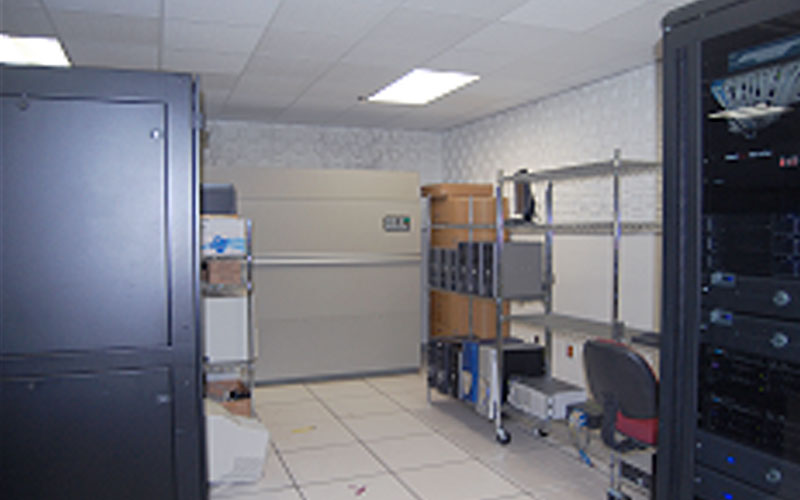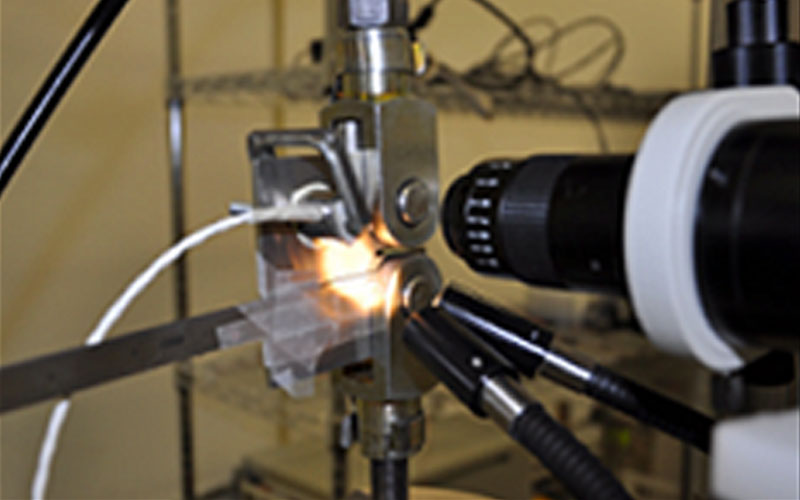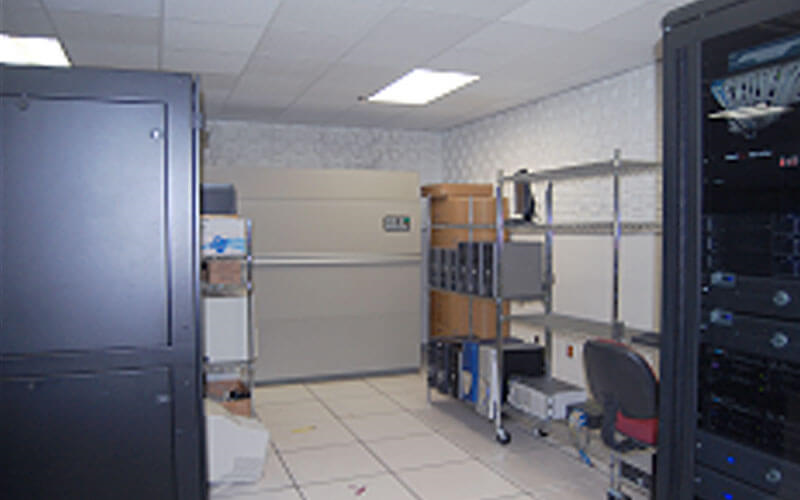Laboratories
Labs
Cybersecurity Quantification Lab (CyQL)
Principal Investigator(s): Michel Cukier
The research conducted in CyQL focuses on quantifying cybersecurity. The research team has conducted various empirical studies using security data collected in-house and across the world. The research team collaborates closely with the university Division of Information Technology Security and Policy team. The security data is collected in-house, and consist of incidents, intrusions alerts, networks flows and malicious activity towards/from target computers. Furthermore, at various organizations across the world, we collect malicious activity towards/from target computers. We are also collaborating with of the Department of Criminology and Criminal Justice at UMD to conduct specific empirical experiments related to criminological theories.
Design Decision Support Laboratory (DDSL)
Principal Investigator(s): Shapour Azarm
DDSL was founded in 1999. The labs current research areas include deterministic and stochastic (robust) design optimization; multi-attribute design decision making under uncertainty; multi-disciplinary multi-objective sensitivity analysis; reduced-order modeling; product design for market systems.
Laboratory for Reliable Nanoelectronics
Principal Investigator(s): Aris Christou
The Laboratory for Reliable Nanoelectronics is an advanced facility for semiconductor device process development, test structure design for reliability and reliability measurements at the University of Maryland. It includes a broad variety of advanced materials processes and supporting processes for fabricating of devices and reliability test structures.
Probabilistic Physics of Failure and Fracture Mechanics Laboratory
Principal Investigator(s): Mohammad Modarres
The Probabilistic Physics of Failure and Fracture Mechanics Laboratory is currently researching MTS Uniaxial Fatigue Testing Machines; Optical Microscopy for Short Fatigue Crack; Acoustic Emission Technique for Crack Initiation and Growth; Heating Chamber for Creep Testing; and Corrosive Medium Chamber.
Risk and Decision Analysis Laboratory
Principal Investigator(s): Yunfei Zhao
Research
Research in the Risk and Decision Analysis Laboratory is focused on risk analysis and decision analysis for complex industrial systems, for example, nuclear power plants, electric power systems. Particularly, we focus on developing dynamic methods for probabilistic risk assessment that are suitable for modeling the dynamic and complex interactions and dependencies between these different aspects. We use risk analysis to support risk-informed decision-making to cost-effectively improve system reliability and performance through risk-informed design optimization, maintenance policy optimization, cyber attack response optimization, etc. We use existing and develop new methods, models, and algorithms to address these risk analysis and decision analysis problems, for example, dynamic probabilistic risk assessment, game theory, Bayesian analysis, Bayesian networks, cognitive modeling and simulation, dynamic programming, Markov decision process. We are also interested in probabilistic inference problems, for example, cyber attack detection, system health monitoring, the solution to which can support decision analysis.
Research areas
Risk analysis and reliability engineering
Probabilistic risk assessment
Dynamic probabilistic risk assessment
Human reliability analysis
Cybersecurity risk analysis
Decision analysis
Maintenance policy optimization
Cyber attack response optimization
Nuclear emergency response
Probabilistic inference
Fault diagnosis
Cyber attack detection
Health monitoring
Applications
Nuclear power plants
Electric power systems
Methods used and developed
Bayesian analysis
Bayesian networks
Monte Carlo simulation
Game theory
Particle filtering
Dynamic programming
Markov decision process (including Partially observable Markov decision process)
Neural networks
Risk-Informed Solutions in Engineering (RISE) Lab
Principal Investigator(s): Michelle (Shelby) Bensi
The RISE Lab team conducts research related to probabilistic assessment of natural hazards and associated risks as well as a variety of topics involving the applications of statistics and machine learning in engineering. RISE Lab researchers are engaged in projects involving seismic, inland flooding, precipitation, storm surge, and compound hazards. Projects often focus on issues of relevance to nuclear power plants and other critical infrastructure. In addition, RISE Lab researchers are engaged in a number of cross-disciplinary projects looking at topics as diverse as exploring the potential combined impacts of COVID and natural hazard events on communities of color, understanding the potential effects of climate change on contaminated sites and agriculture, and exploring seismic hazards to human lunar installations.
Systems Risk and Reliability Analysis (SyRRA) Lab
Principal Investigator(s): Katrina Groth
The SyRRA lab conducts innovative research in risk and reliability modeling and simulation methods for analysis of complex engineering systems. Researchers in the lab combines advanced computational techniques, diverse types of data and information, with system-level thinking. We use Bayesian methods, machine learning, and causal models to fuse sparse data, big data, and qualitative information from multiple sources into models that support decisions and prediction under uncertainty. Our research contributes to the fields of safety, risk and reliability from both a mathematical perspective and from an applied perspective, with direct impact on systems ranging from hydrogen gas stations and infrastructure to nuclear power plants, natural gas transportation, pipelines, aviation, and more.





